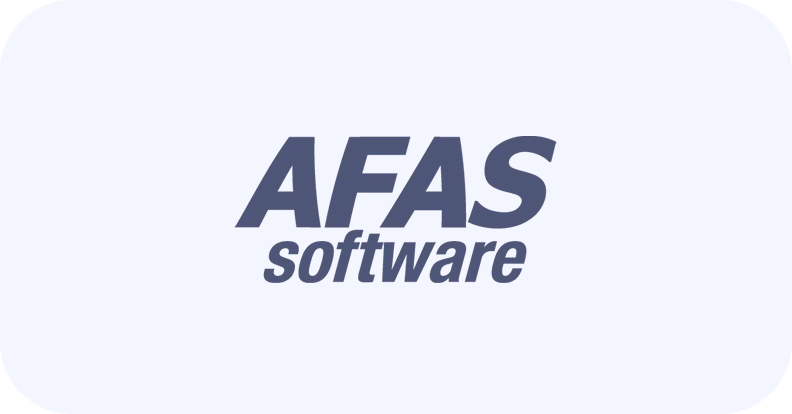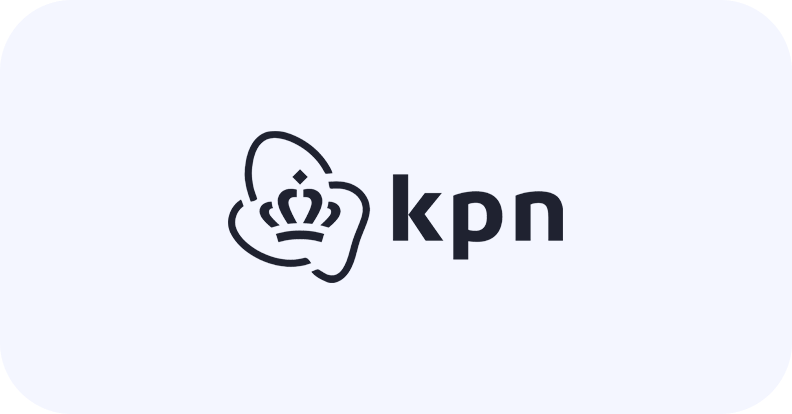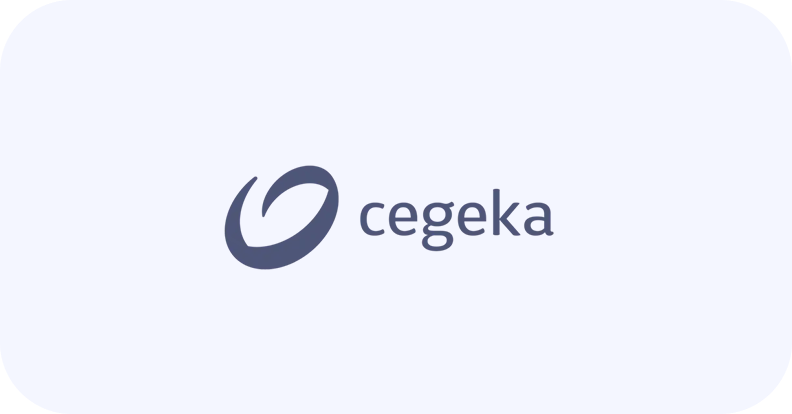



Wil jij de kansen van AI optimaal benutten? De experts van ai.nl helpen.












De AI transformatie biedt onbegrensde mogelijkheden voor jouw team en organisatie. Met de experts van ai.nl maak je meer impact in minder tijd.


Met de juiste AI tools kan jouw organisatie tot 33% efficiënter werken
Groei binnen bedrijven die
investeren in AI (Gartner)
Van de banen zullen
veranderen (IBM/MIT)


Onze diensten
Voor iedere business uitdaging
is er een AI-oplossing
AI Keynotes
Onze AI keynotes geven jouw medewerkers en klanten een inspirerende deep-dive in de ontwikkelingen rondom AI. Ruim 120 per jaar, gemiddeld met een 8.6 beoordeeld.

AI Workshops
In onze praktische AI workshops leren we professionals hoe ze concreet AI-tools zoals ChatGPT en Microsoft CoPilot in de praktijk kunnen toepassen. Van finance tot HR en van inkoop tot backoffice.

AI Consultancy
Wil jij je gehele organisatie transformeren met de mogelijkheden van data en (generatieve) AI. We staan voor je klaar. Programma's variërend van 4 uur tot 4 weken.

Zo helpen wij jouw organisatie te versnellen met AI
Als het gaat om een inspirerende keynote, een praktische workshop of een verdiepende consultancy-sessie, onze experts staan voor je klaar.

Ai.nl heeft 50+ bedrijven geholpen met AI vraagstuken






















































Wat klanten zeggen
Handboek AI Strategie
Hoe zet je AI écht effectief in voor je jezelf, voor je team en voor je organisatie? Met ons Handboek AI Strategie kom je van business uitdagingen naar AI-oplossingen. Met cases van Nederlandse AI-koplopers zoals Picnic, KPN, ANWB en FrieslandCampina.
























